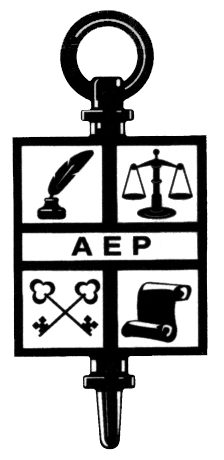5 Things to Consider When Selecting A Trustee
A Daunting Task
Choosing someone to administer your estate can be difficult. After thoughtfully planning for the financial security of your family and loved ones, you will need someone to act in your behalf to see it through.
How to Choose
This person is known as a fiduciary. He or she will be legally obligated to act in your interest. The trustee will consult with the beneficiaries of your estate, and ensure things are carried out in the way you had planned. How do you select the right person for such an important job? Here are 5 things to consider:
-
Look for someone with good financial sense
A trustee doesn’t need to work on Wall Street to manage your trust. But he or she should be someone with good financial judgement. Look for someone with common sense, who isn’t afraid to ask for professional help when needed.
-
Take into account longevity
Anticipate the length of time this person will need to be on the job for you. It’s wise to choose someone in good health and of reasonable age. This will help ensure that your trustee will be around to perform their duties when you need it.
-
Think about the possibility of a team
In cases of trusts that will last a long time, or which have a lot of assets to manage, more than one person on the job may be needed. You avoid leaving tough decisions in the hands of just one person this way. You may be concerned about the possibility of tension arising between designated co-trustees. If so, corporate or professional trust companies can be another option to look at for your team of trustees.
-
Always name a successor trustee
Often a trustee is unavailable to serve when needed, whether because of death, distance or disability. You should keep in mind that your trust may outlive the person you had selected. You can either name a successor trustee as a backup, give power to the executor of your will or original trustee to name the successor, or you can designate a corporate trustee.
-
Revisit your choice every few years
The perfect pick today may not be the perfect pick 5 years from now. For example, you may have selected your brother-in-law as trustee, but what if your sister and he divorce and he becomes estranged from the family? It may be supremely unwise to keep him as trustee. Life’s circumstances can shift, and your planning should reflect these kinds of changes.
https://willstrustsbusiness.com/about-us/why-sundance-law/







